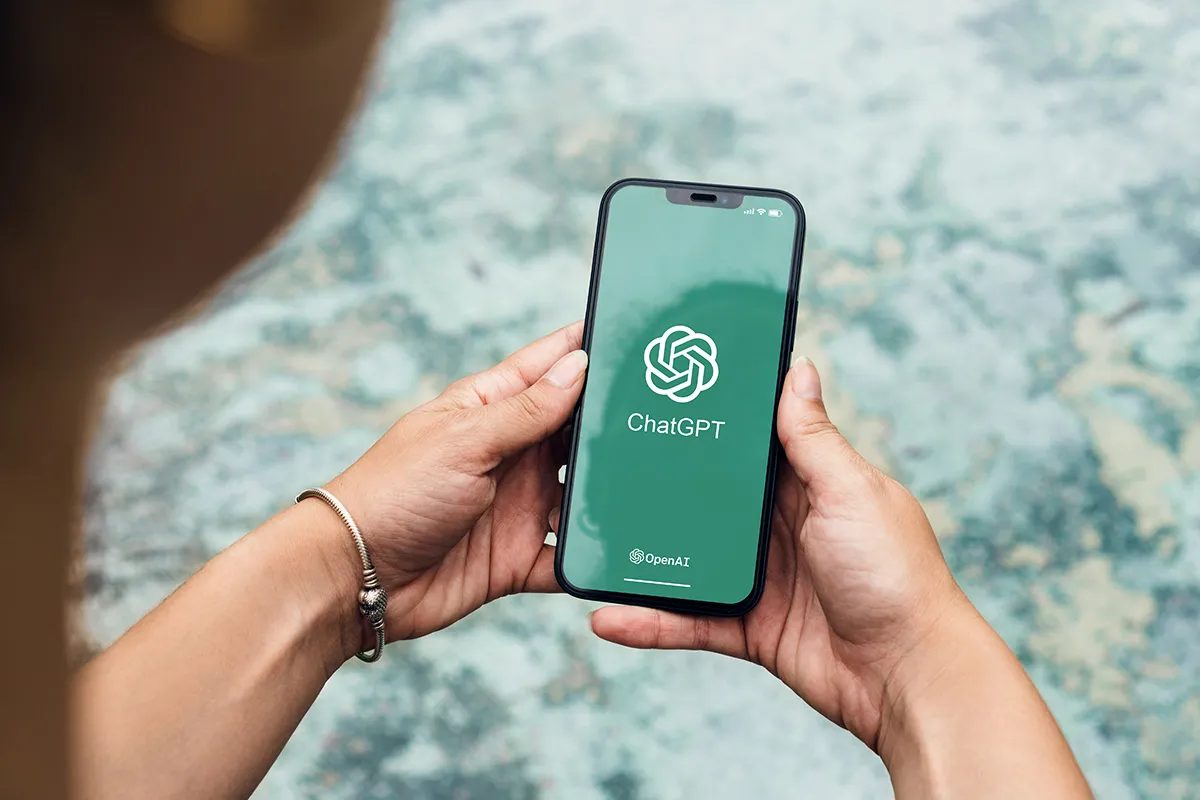The AI on Your Phone Keeps Getting Better - That's a Risk For Travel Companies

Skift Take
What happens when the AI on your phone is so good that you no longer need to go to other apps?
It could mean a fundamental change to the travel ecosystem the industry relies on today, according to Laurence Tosi, managing partner and founder of investment firm WestCap.
“My kids aren't going to go to a travel site and use that AI bot … above using an AI bot that's on their phone that goes to all travel sites,” he said in a recent interview with Skift.
Tosi was Airbnb’s CFO for nearly three years starting in 2015 and helped Brian Chesky secure billions of dollars in funding. Through WestCap, Tosi has invested in Hopper, Flyr, Blueground, StubHub, and multiple non-travel companies.
“I think AI is both an opportunity and a distinct threat to travel companies. It's an opportunity in the sense you can give people a better search experience. You can tailor the results of searches during the discovery phase so that they're more actionable and more customized to the user,” Tosi said.
“The negative side, potentially, would be you’re unbundling the businesses. So a digital concierge can find all the pieces — rather than having to go through the front door of these different websites, you can actually aggregate them in a certain way.”
Where the Tech Is Heading
There have been some big moves recently from AI companies to strengthen their capabilities in travel planning.
Tosi pointed to the deal that Perplexity made with Tripadvisor recently: “That's an attempt to create a more multifaceted search engine that learns from the user and delivers to them answers that are more in line with what they're looking for, rather than having them do the raw search,” he said.
Tripadvisor said last week that early results are promising.
And OpenAI recently released a digital assistant that can autonomously complete online searches and purchases for travel, events, restaurants, and more.
Though these partnerships suggest collaboration between tech companies and travel incumbents, the tech could eventually evolve in ways that reduce dependence on partnerships.
Thomas Reiner, partner of Altimeter Capital, believes that online travel agencies and metasearch engines are in trouble with the future of AI-generated search.
“You're going to see a complete disruption of what the search paradigm is today in discovering travel," he said earlier this year.
Many of the warnings about the future of generative AI are focused on platforms like ChatGPT and the next itineration of Google. Tosi argues that in addition to those platfroms, travel companies should be worried — maybe even more so — about advancements in mobile phones’ operating systems.
Apple last year released its first iPhone built with generative AI capabilities, and its operating systems have been getting AI updates. It includes the ability to converse more naturally with Siri. Google has done the same with its Android operating system. Samsung has also introduced Galaxy AI into some mobile phones, which includes features like AI-powered translation.
It’s unclear what will happen in the next 10 years, but the advancements are sure to keep coming.
“The debate is: Will the AI winners be what's resonant in our operating systems, like our phone? Or, will companies need to have some type of AI embedded into their front end to allow that search?” he said
“That's a debate. I don't think there's an answer on that. And that's the crux of the issue.”





